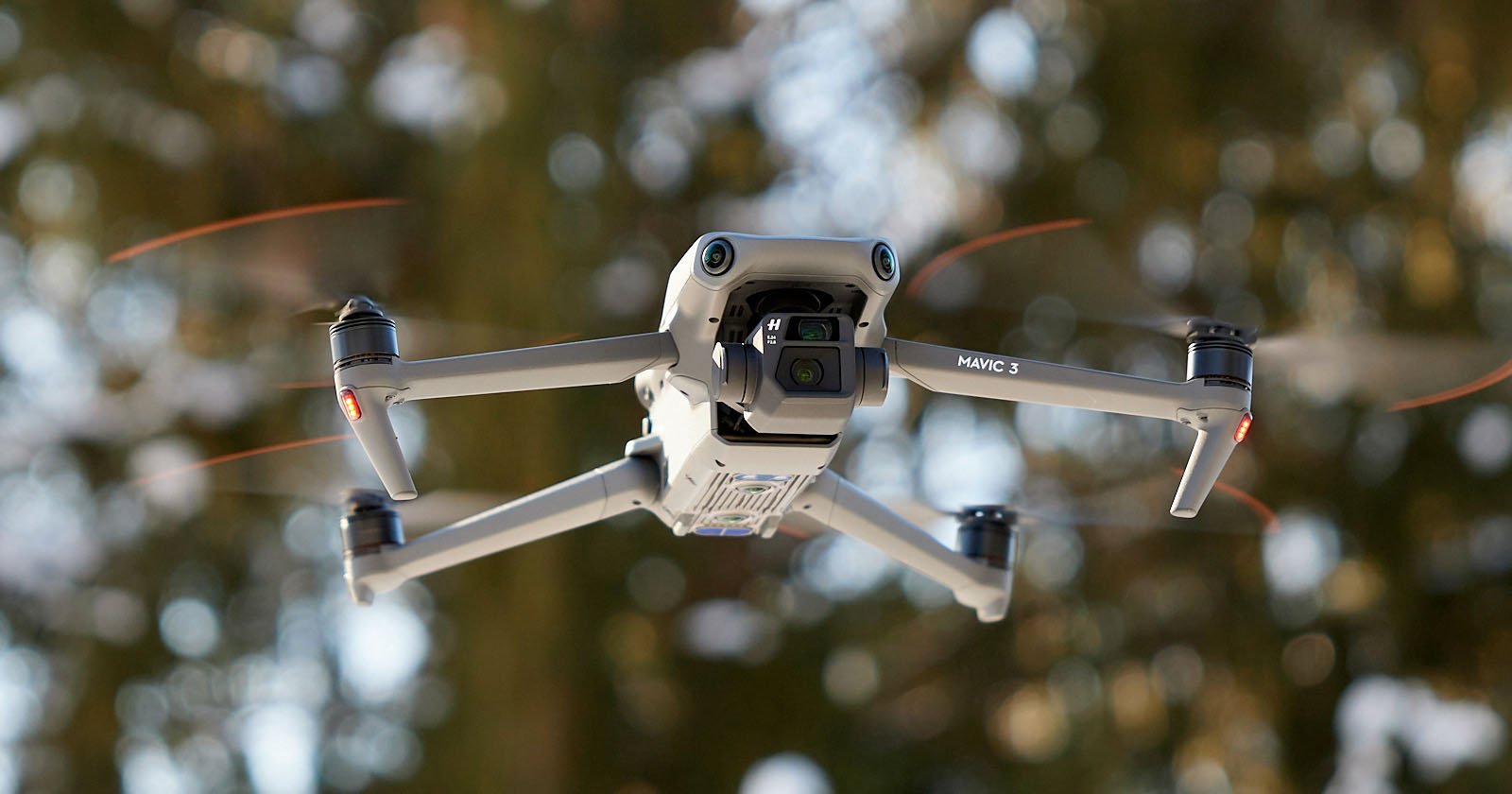
![]()
A federal decide has overturned the stringent drone legal guidelines in Texas, citing that it’s an unconstitutional violation of the First Modification. The lawsuit difficult the regulation was introduced in 2019 by the Nationwide Press Photographer’s Affiliation (NPPA).
The drone regulation in query amounted to a broad ban on drone use for a variety of functions that included journalism. The NPPA says that it stood in opposition to the regulation again when it was first proposed in 2013 and, on the time, urged the legislature to reject the invoice.
Because it was handed, the NPPA cites two particular examples (amongst quite a few different incidents) the place it hindered the flexibility of photojournalists to do their jobs. The primary was a case involving Dallas-area freelancer Brandon Wade, who was denied permission — primarily based on the regulation — to fly his drone to doc a publicly funded building product. The second case concerned Billy Calzada, a employees photographer for the San Antonio Specific-Information who was threatened with arrest after photographing the aftermath of a deadly fireplace along with his drone.
Each of those examples had been introduced as proof of the regulation’s impression on photojournalists within the lawsuit, which was introduced by the NPPA, the Texas Press Affiliation, and freelance reporter Joe Pappalardo.
In his ruling, District Decide Robert Pitman urged the Texas Division of Public Security and the state Freeway Patrol from implementing Chapter 423 of the Texas Authorities Code, which states:
An individual commits an offense if the particular person makes use of an unmanned plane to seize a picture of a person or privately owned actual property on this state with the intent to conduct surveillance on the person or property captured within the picture.
Decide Pitman discovered that the method of making pictures and movies with a drone was a observe that was protected by the First Modification and that using drones to doc information is a protected expression.
“As content-based restrictions — which means that the content material of the picture determines its permissibility — the varied provisions within the statute had been held to be presumptively unconstitutional, and had been analyzed underneath a course of referred to as strict scrutiny,” Alicia Calzada explains on the NPPA web site.
“Making use of this normal, the courtroom decided that the regulation was not truly essential, and never narrowly tailor-made to realize the purported pursuits asserted by the state. The courtroom additionally held that the statute’s use of the phrases ‘surveillance’ and ‘industrial functions’ — neither of that are outlined within the statute — renders the regulation void for vagueness.”
“NPPA could be very happy with the outcome on this case and we hope that it sends a transparent message to different states and municipalities to cease enacting unconstitutionally restrictive drone legal guidelines,” NPPA common counsel, Mickey H. Osterreicher says.
“Decide Pitman entered an opinion that rigorously considers each concern, exhaustively evaluations precedent, and holds decisively that drone images is absolutely protected by the First Modification as an integral device in Twenty first-Century journalism,” Jim Hemphill, native counsel on the case, says.
“The challenged Texas statutes prohibited official newsgathering that causes no hurt, and unconstitutionally drew distinctions that disallowed journalistic drone images however allowed the very same drone images when achieved for different favored functions. Decide Pitman correctly discovered that these distinctions had been improper and that the statutes had been so imprecise as to be unconstitutional.”






